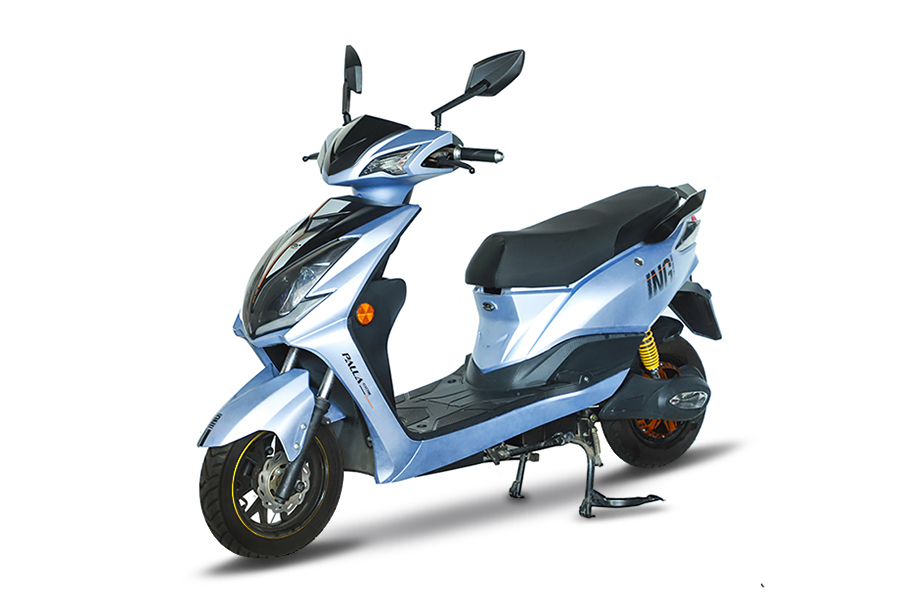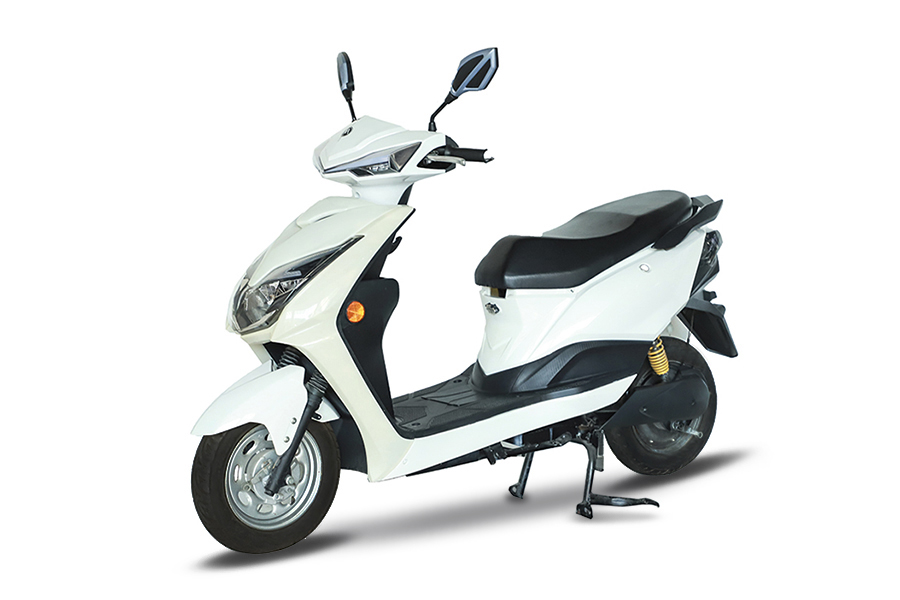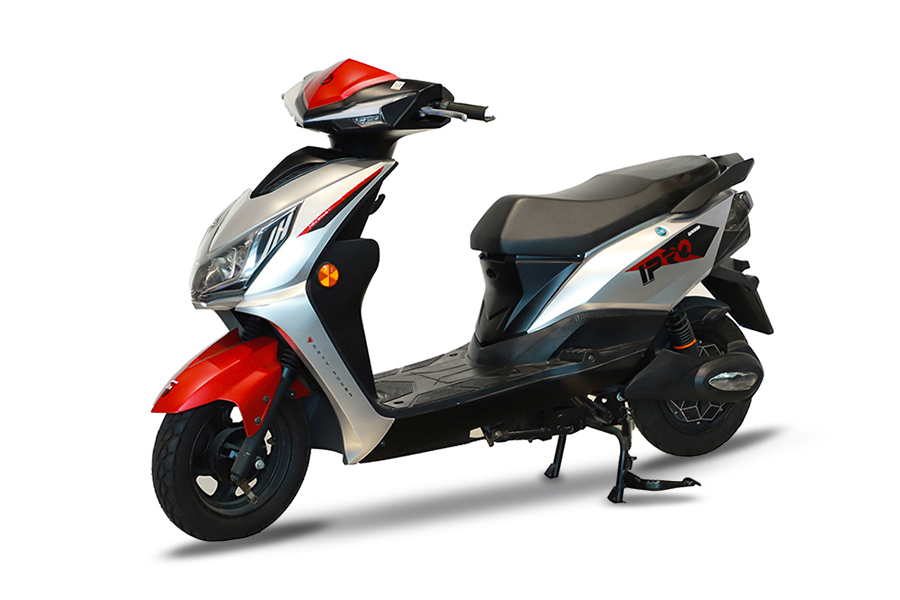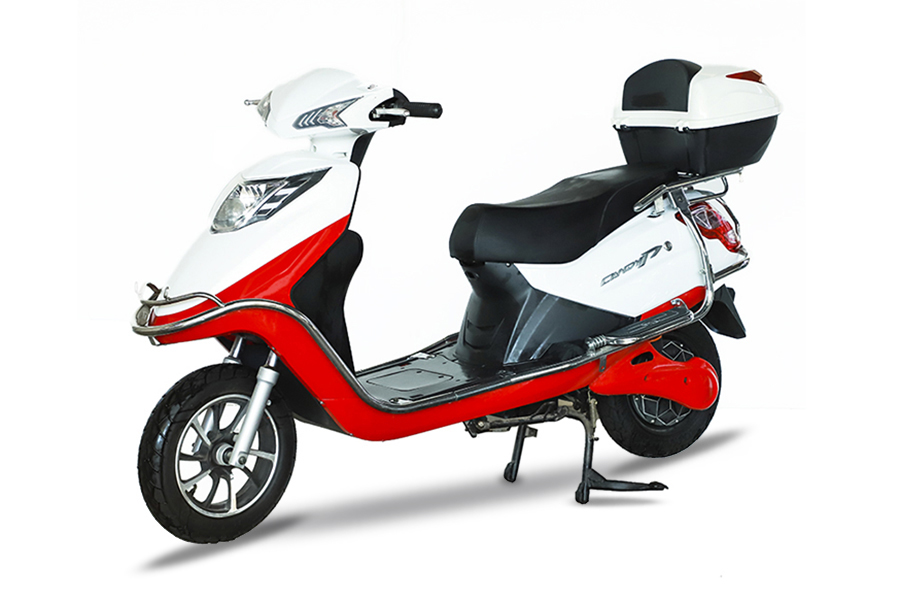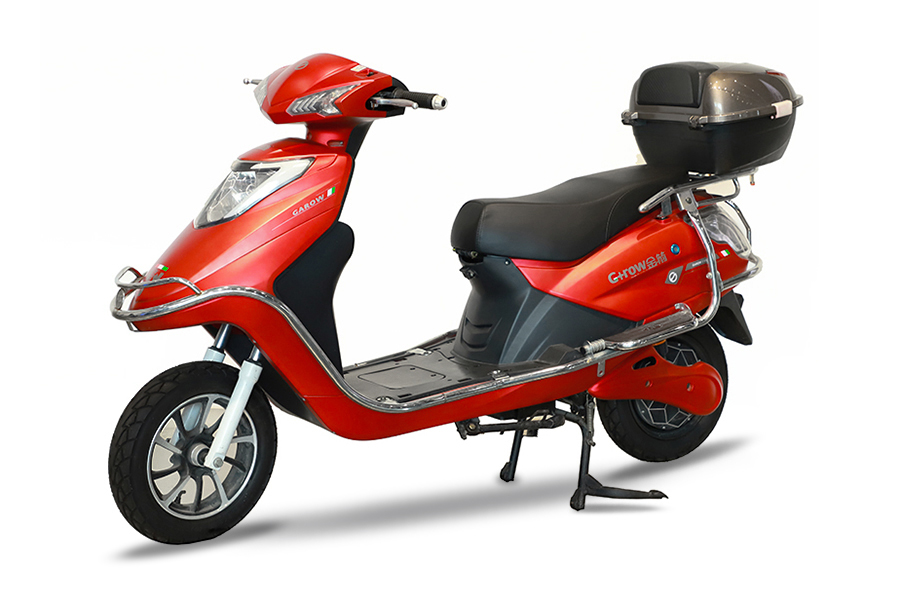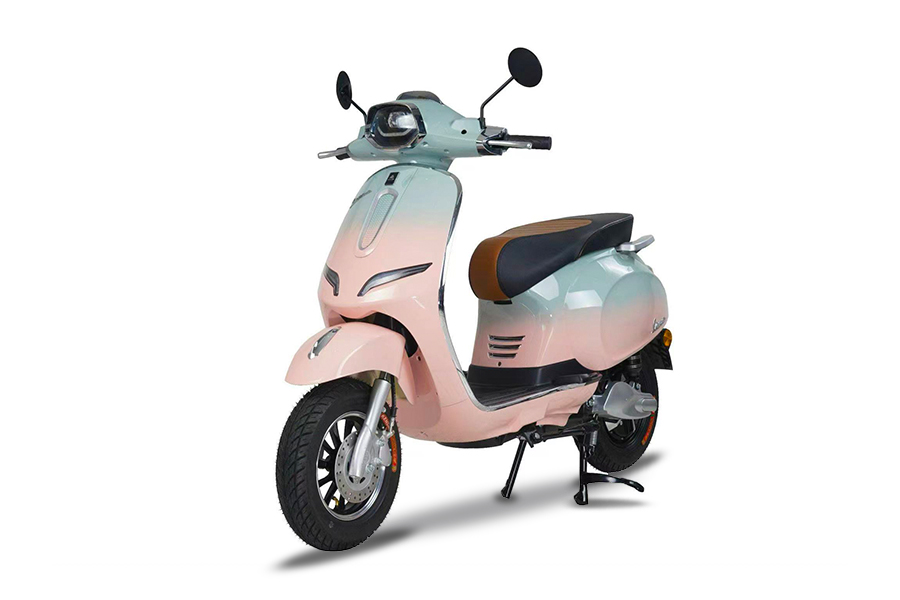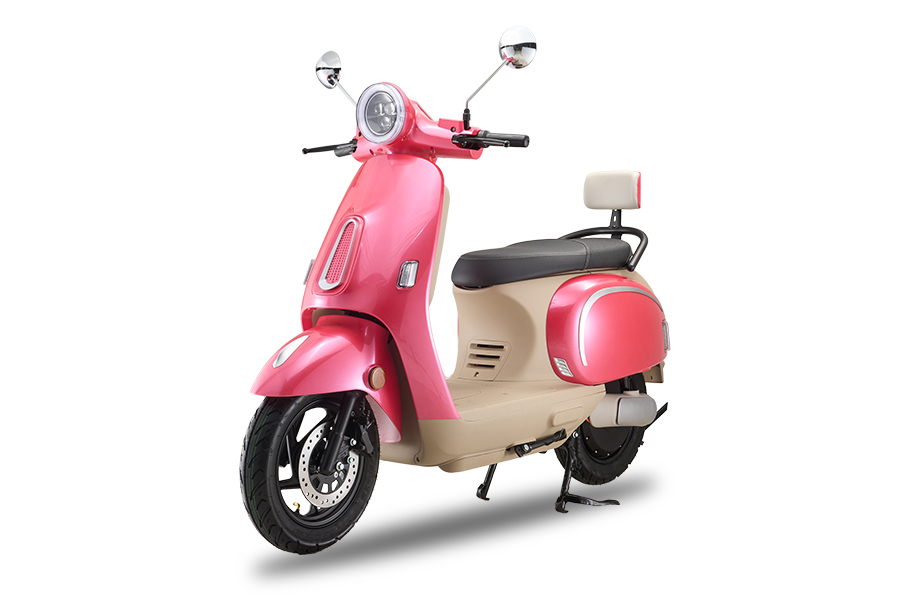As cities worldwide grapple with traffic congestion, environmental challenges, and the need for efficient transportation solutions, electric scooters are emerging as a transformative force in urban mobility. This article explores the latest advancements in electric scooters, the impact of this burgeoning industry, and what the future holds for this innovative mode of transportation.
Over the past few years, electric scooters have surged in popularity, becoming a common sight on city streets and bike lanes. This trend is driven by a growing awareness of environmental issues, the need for alternative transportation options, and the convenience that electric scooters offer.
Electric scooters offer a host of benefits that are contributing to their rise. They are eco-friendly, providing a zero-emission alternative to traditional gas-powered vehicles. Their compact size makes them ideal for navigating crowded city streets and finding parking in tight spaces. Additionally, the ease of use and affordability of electric scooters make them an attractive option for commuters of all ages.
The electric scooter industry is not only expanding but also evolving rapidly. Recent advancements in technology have significantly improved the performance and safety of electric scooters. Modern electric scooters are equipped with advanced features such as long-lasting batteries, high-speed capabilities, and enhanced suspension systems. These innovations are making electric scooters more reliable and efficient for daily use.
One notable advancement is the development of swappable battery systems. This technology allows users to exchange depleted batteries for fully charged ones at designated stations, reducing downtime and increasing the convenience of using electric scooters. Furthermore, the integration of smart technology is enhancing the user experience. Many electric scooters now feature GPS tracking, mobile app connectivity, and real-time performance monitoring.
Electric scooters are being embraced by cities around the world as a solution to urban transportation challenges. Cities like Paris, Los Angeles, and Singapore have implemented electric scooter-sharing programs that offer residents an affordable and sustainable mode of transportation. These programs have proven to be effective in reducing traffic congestion, lowering carbon emissions, and providing an alternative to public transportation.
For example, in Paris, the city’s electric scooter-sharing program has successfully reduced the number of short car trips, helping to alleviate traffic congestion and improve air quality. Similarly, Los Angeles has seen a significant increase in the use of electric scooters for short commutes, contributing to a decrease in the city’s overall vehicle emissions.
Despite their many advantages, electric scooters are not without challenges. Safety concerns have been a major topic of discussion, as accidents involving electric scooters have become more frequent. In response, cities and manufacturers are working together to implement safety measures, such as helmet requirements, speed limits, and designated scooter lanes.
Another challenge facing the electric scooter industry is the issue of scooter litter. As electric scooters are often left on sidewalks or in public spaces, they can create obstacles for pedestrians and contribute to urban clutter. To address this issue, several cities are exploring solutions such as designated parking zones and increased regulations for scooter operators.
Looking ahead, the future of electric scooters appears bright. As technology continues to advance and cities become more receptive to sustainable transportation solutions, the role of electric scooters in urban mobility is expected to grow. Innovations such as autonomous electric scooters and improvements in battery technology are on the horizon, promising to further enhance the functionality and appeal of this mode of transportation.
Autonomous electric scooters, for example, could revolutionize the way we think about personal transportation. These self-driving scooters could operate seamlessly in urban environments, offering a hands-free commuting experience and potentially reducing the risk of accidents. Additionally, ongoing research into more efficient battery technologies could to longer ranges and shorter charging times, making electric scooters even more practical for everyday use.

 English
English Español
Español
